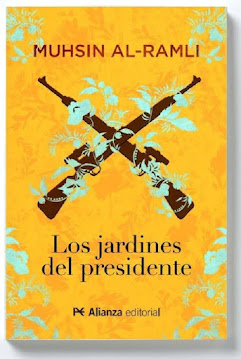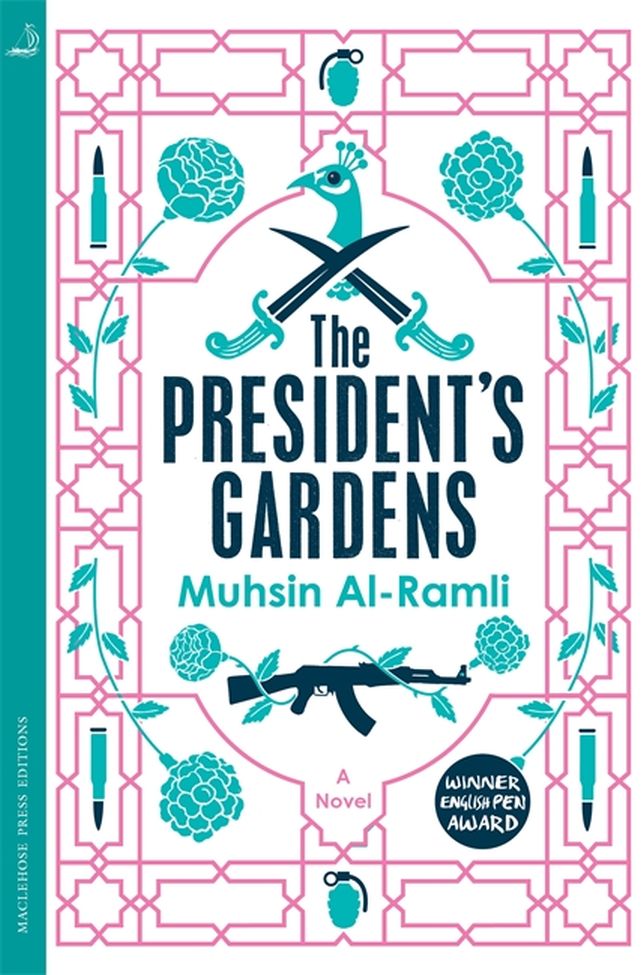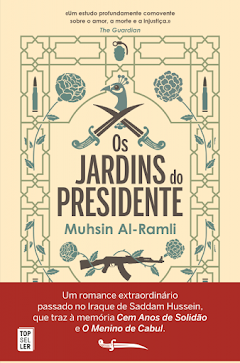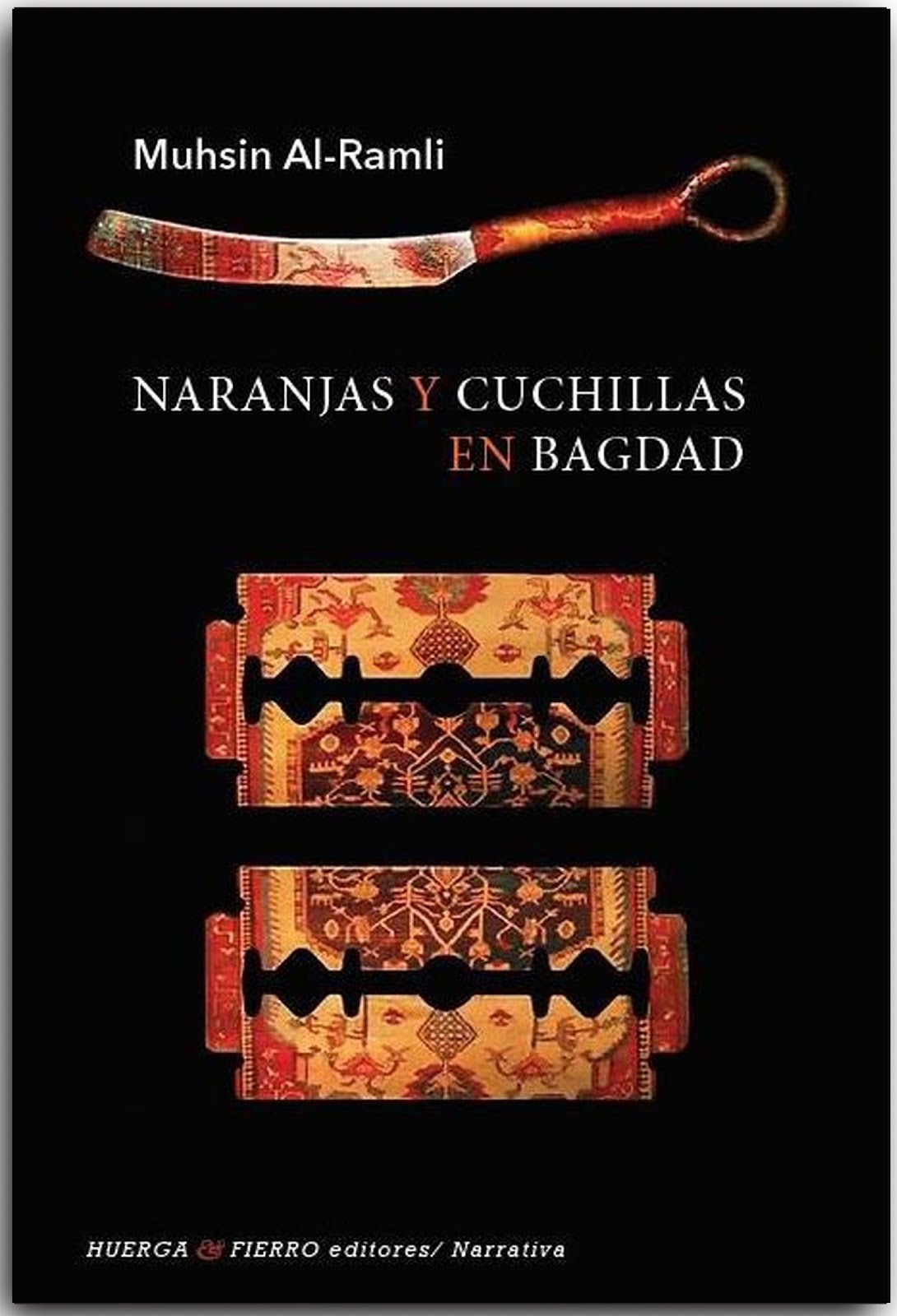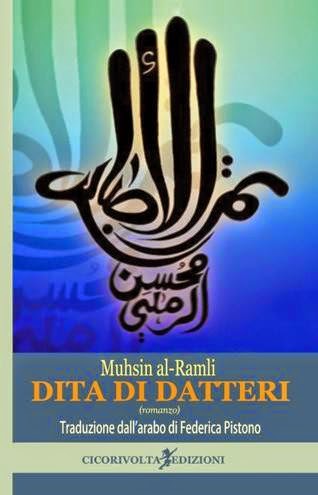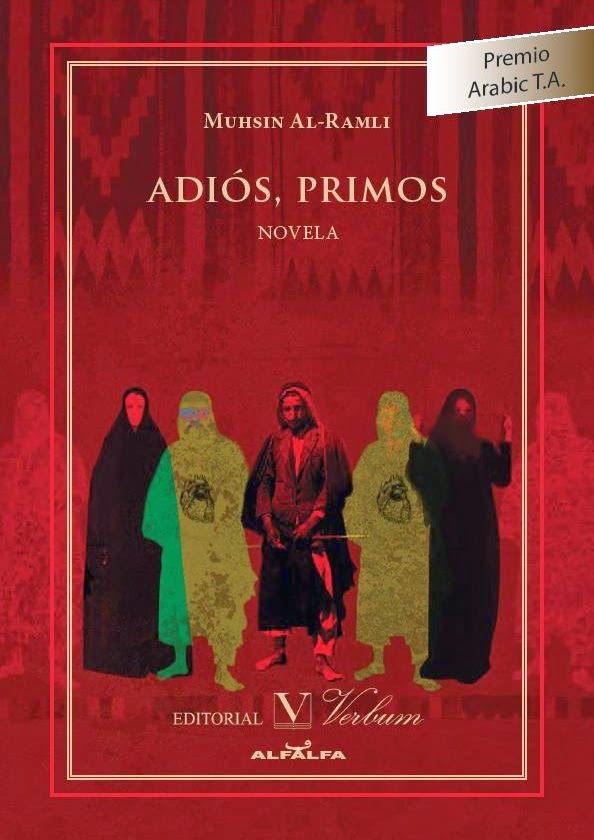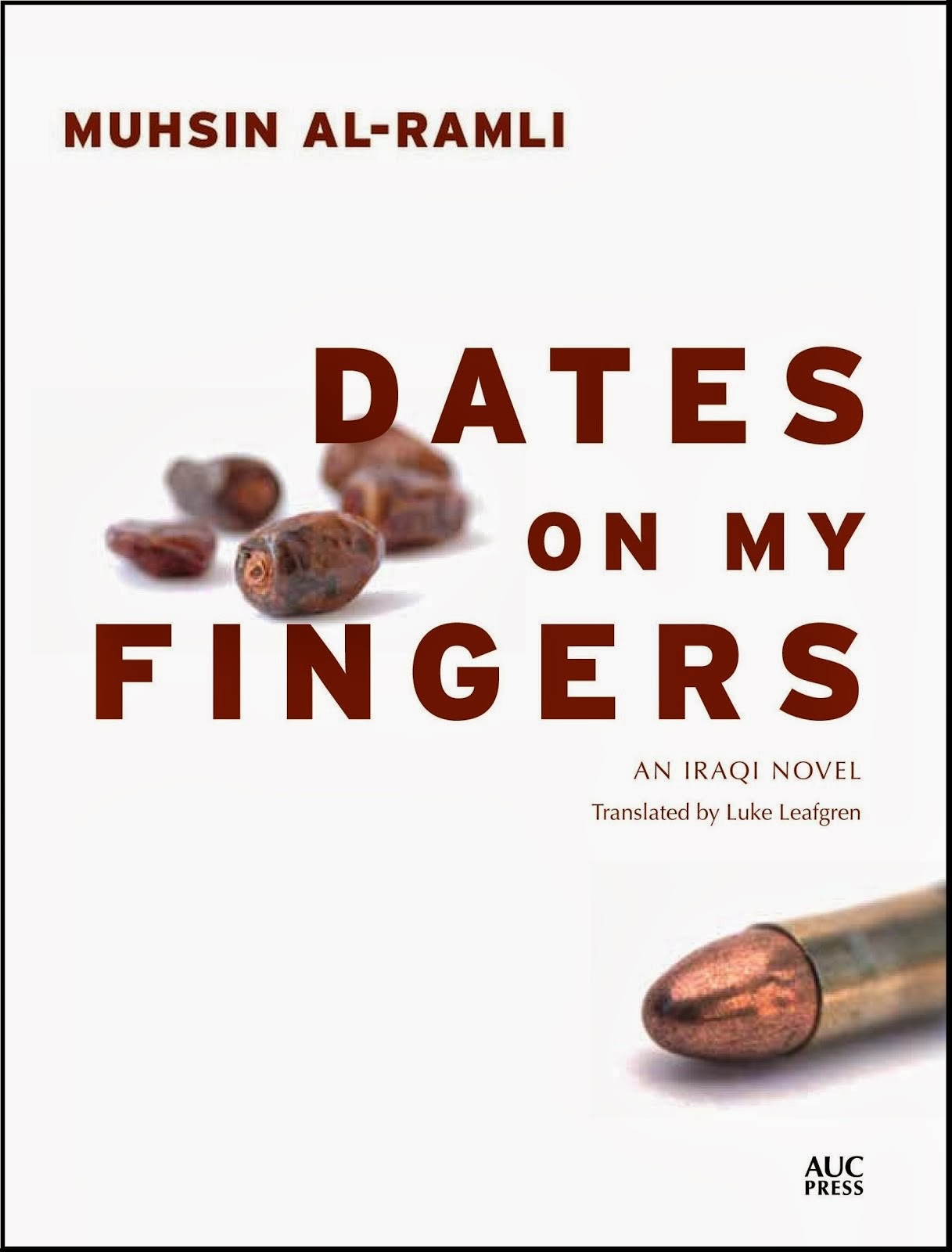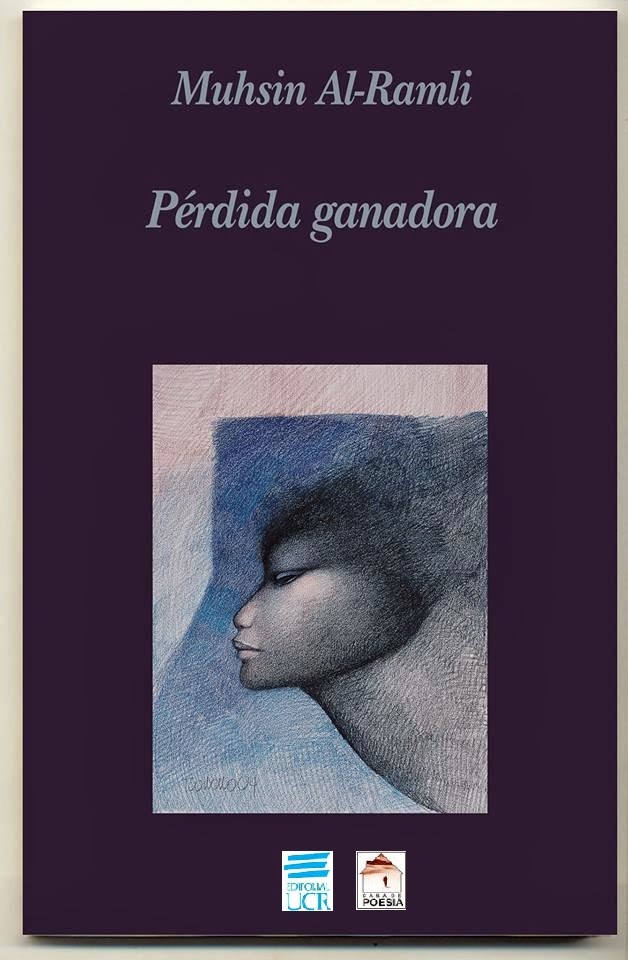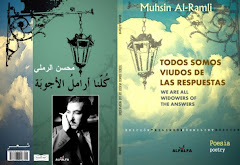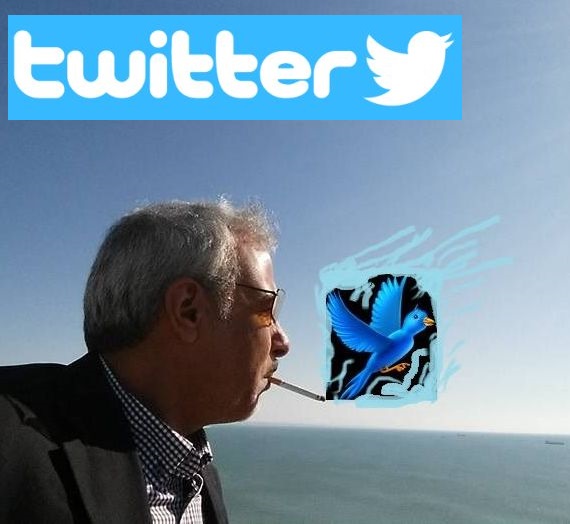A Weapon of Peace in Times of War
The power of reading was the most useful weapon for
Muhsin Al-Ramli, an Iraqi writer and translator. HSS students had the pleasure
of listening to his life story, which corresponded with the #UAEReads campaign,
in the Emirates Airline Festival of Literature on March 8. Al-Ramli’s dream was
to be a successful writer, and that dream became stronger throughout his time
as a soldier. His anecdotal method in telling his story left the students
inspired to read and realize their dreams.
By: Dhabia Khalfan Harib
When he was a
soldier, Muhsin Al-Ramli never killed anyone because his strongest weapon was
reading.
“Yes, reading is
destructive,” Al-Ramli said in a speech at The Emirates Airlines Literature
Festival. “It destroys all the misconceptions held by an individual and thus
creates a more wholesome being.”
Al-Ramli is an
Iraqi writer who fought in the Gulf War and has been living in Spain for the
past 23 years. He is best known for the complete translation of Don Quixote
from Spanish to Arabic. ZU students from the College of Humanities and Social
Sciences had the pleasure of attending Al-Ramli’s speech among the three
different sessions on March 8.
Al-Ramli’s speech
was the third and final talk attended by the HSS students at the literature
festival. It was called “Literary Experience in the Diaspora” and was in line
with the #UAEReads campaign.
As stated in the
title of the talk, Al-Ramli used an anecdotal method to relay his experiences
about the places reading has taken him.
He told a story
about how some people in his own community perceived reading to be destructive
as one person in their community was influenced by so called “spell books”.
That is why they had this negative association with reading.
In times of war Al-Ramli
would read constantly. Whenever they had to go into bunkers, he would make sure
he has books around him as it provided him with a sense of tranquillity.
His comrades would
make fun of him, especially when they were looting and Al-Ramli passed up on
the gold and went straight to the libraries to take as many books as possible.
Their disregard
took many forms. When Al-Ramli would say he would become a famous writer in the
West, they sniggered.
Through war, books
were a source of peace for him. He had to move to Jordan for reasons he did not
state, and then he came back to Iraq. In both places, he had to work tedious
manual jobs. This further encouraged him to follow his dream of becoming a
writer.
He applied to three
universities in the West, two of which rejected him and the third barely let
him in. Due to this, his life changed forever. He immersed himself in
literature, learnt Spanish and gave the world an Arabic Don Quixote that does
not miss any of the nuances of the original.
Al-Ramli admitted
that he never killed anyone in his time as a soldier and that his strongest
weapon was reading. It opened his mind to a new world of possibilities and lead
him from working as a gardener in Iraq to becoming a professor in Spain and one
of the most important Arab figures in the literature scene.
The students and
other attendees were very receptive to his talk as the regular laughs and
applause would briefly stop Al-Ramli’s telling of his story.
“Al-Ramli’s talk
was by far the best today not only because of the hardships he faced but
because he connected with the audience and inspired me to read more,” one
student said.
http://zajelzu.ae/2018/04/01/weapon-peace-times-war/















